Volcanic landscapes are some of the most striking and mysterious places on Earth. Over time, these natural wonders have been sculpted by powerful forces, creating formations that seem otherworldly. Erosion, lava flows, and geothermal activity work together to shape bizarre terrains. These unique locations reveal the enduring power of volcanoes and the beauty that arises from their destruction.
Waimangu Volcanic Rift Valley, New Zealand
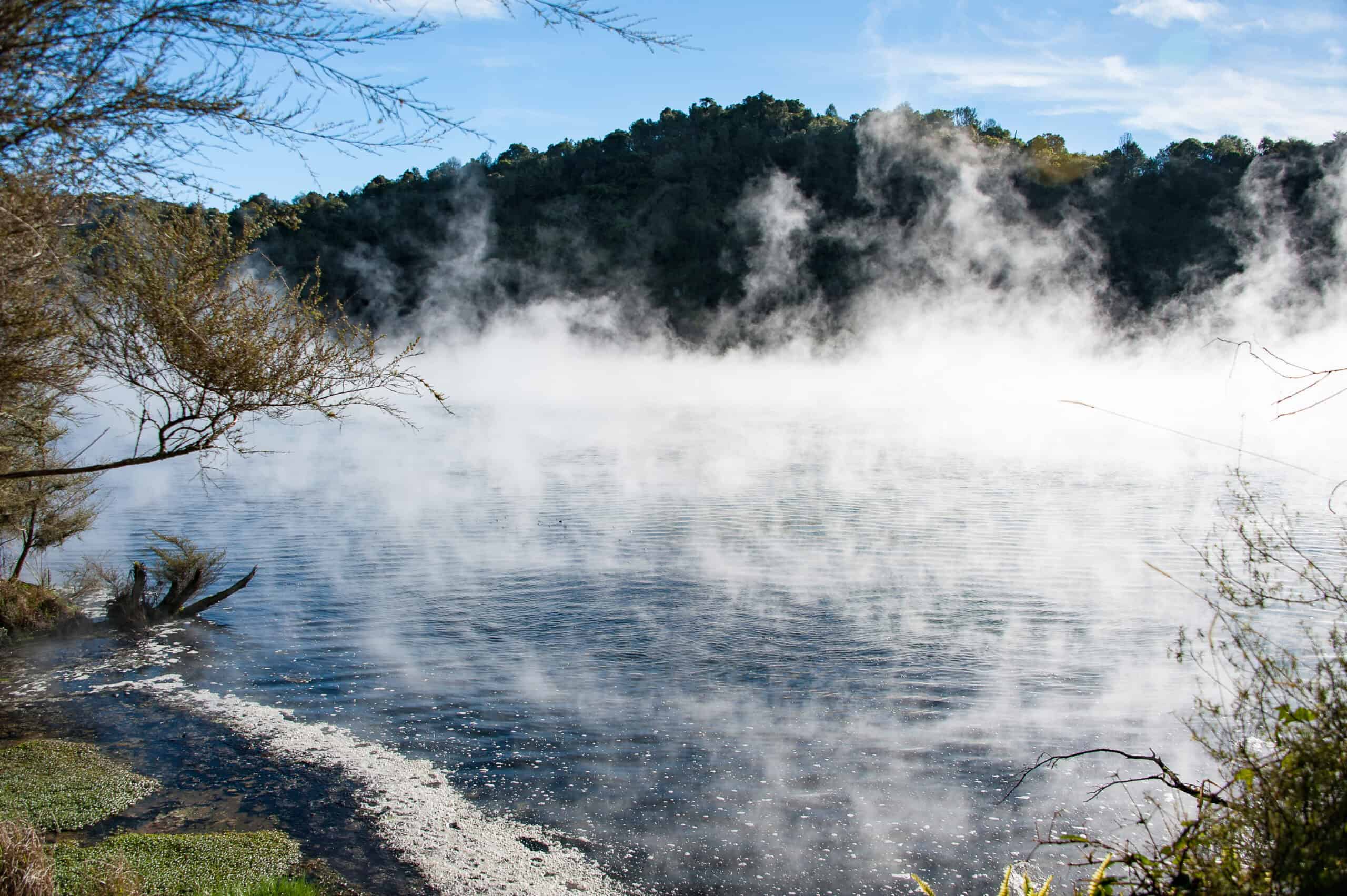
Waimangu is the world’s youngest geothermal system. It was born after the eruption of Mount Tarawera in 1886. The valley is filled with steaming lakes, hot springs, and geysers. The vibrant hues of the geothermal features are stunning, ranging from deep blues to orange and green. Waimangu offers an ever-changing landscape shaped by volcanic activity.
Dallol, Ethiopia
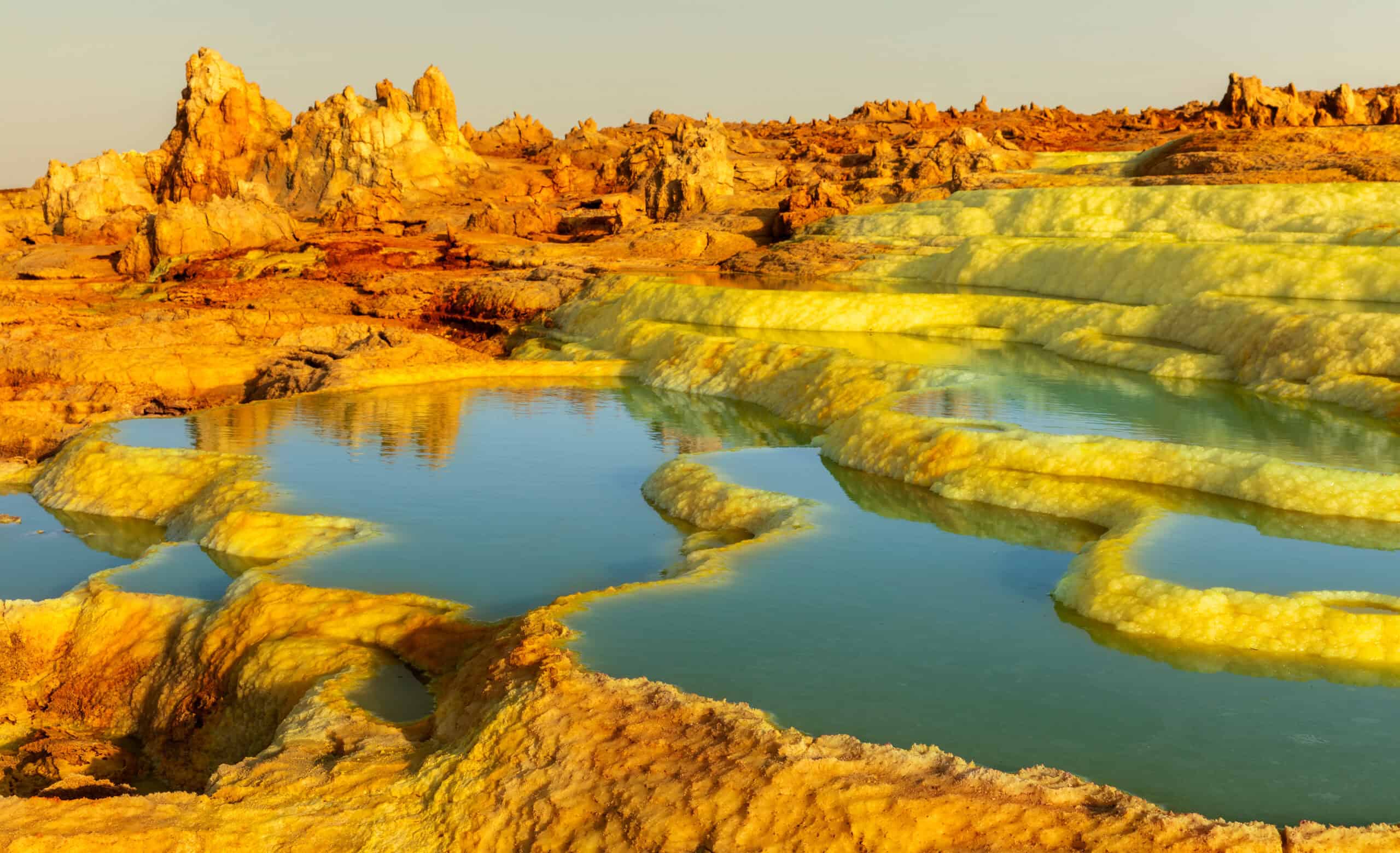
Dallol is a hauntingly beautiful volcanic landscape in the Danakil Depression. Its acid lakes and sulfur springs create vibrant colors like yellow, green, and red. The region is one of the hottest and lowest places on Earth. The barren and extreme environment resembles an alien world. The surreal formations here are shaped by salt, acid, and volcanic heat.
Lake Myvatn, Iceland
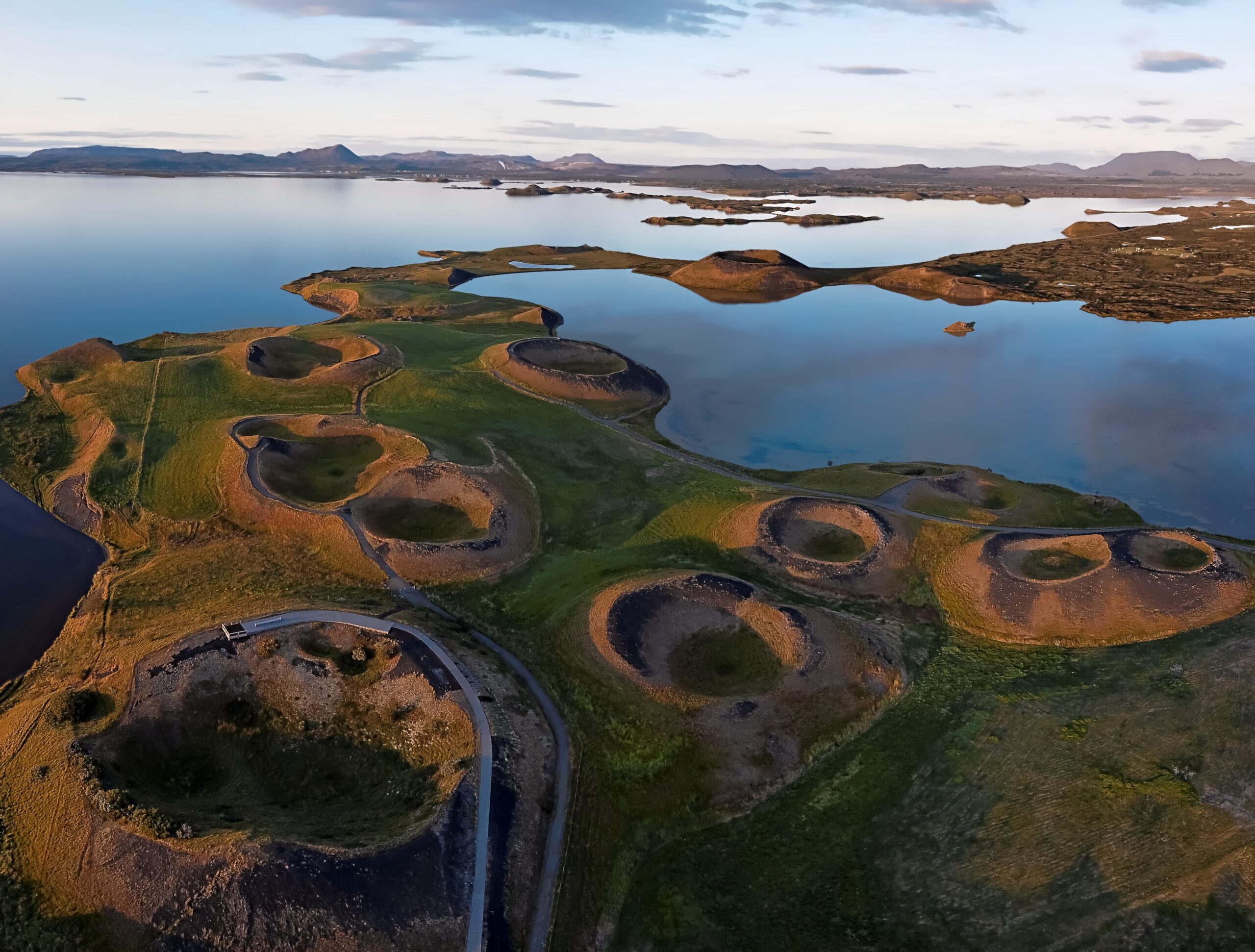
Lake Myvatn is surrounded by volcanic craters, hot springs, and lava fields. The lake was formed by a massive volcanic eruption 2,300 years ago. The nearby lava pillars and geothermal caves add to its surreal beauty. Wildlife thrives here, making it an important natural habitat. The surrounding landscapes have been continually shaped by volcanic activity.
Valle de la Luna, Chile
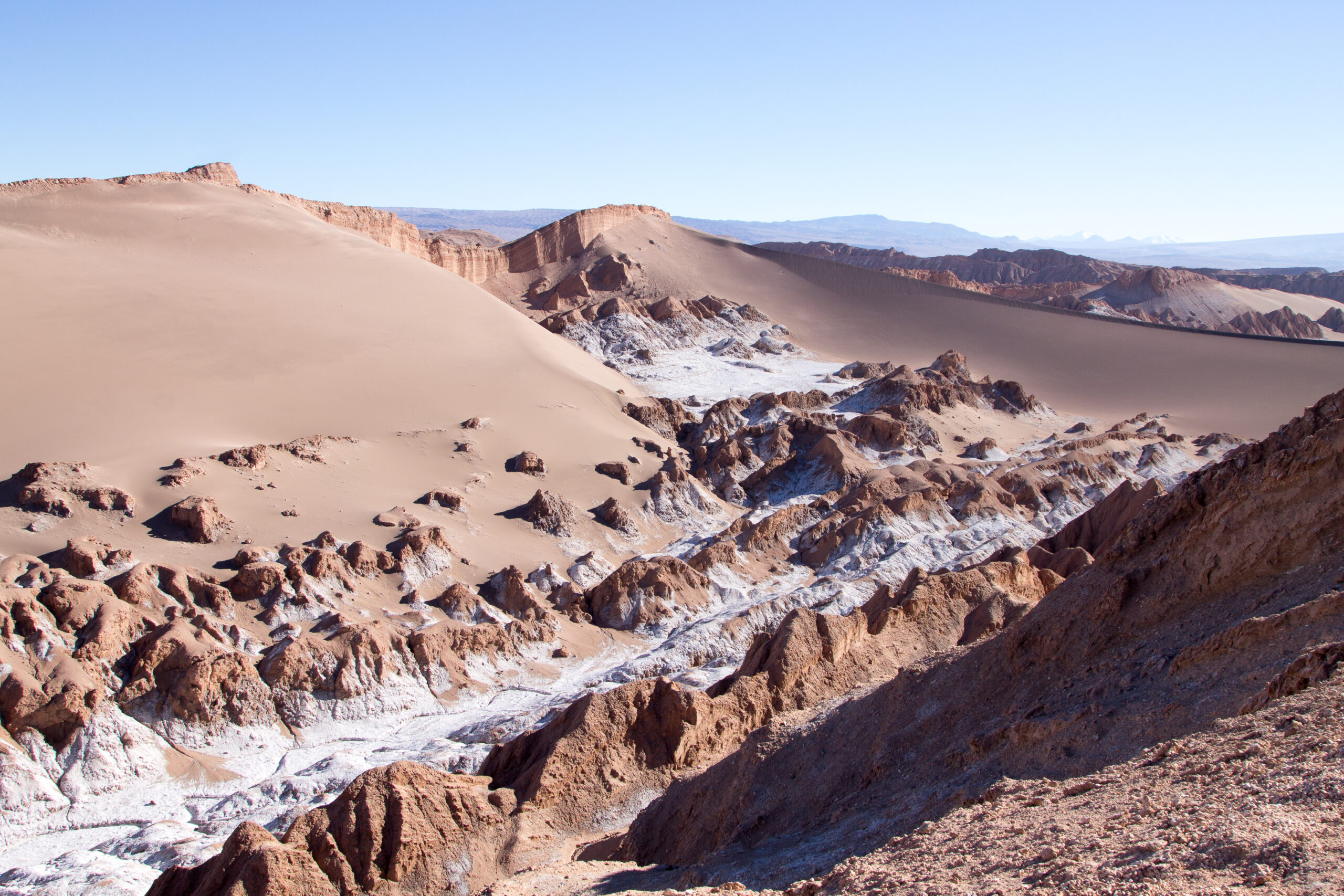
Valle de la Luna, or Valley of the Moon, resembles a lunar landscape. It is located in the Atacama Desert, shaped by volcanic activity and erosion. The valley features salt formations, sand dunes, and rock sculptures. Its dry, barren landscape is otherworldly, with dramatic peaks and canyons. The region’s unique beauty comes from centuries of natural forces at work.
Mount Rinjani, Indonesia
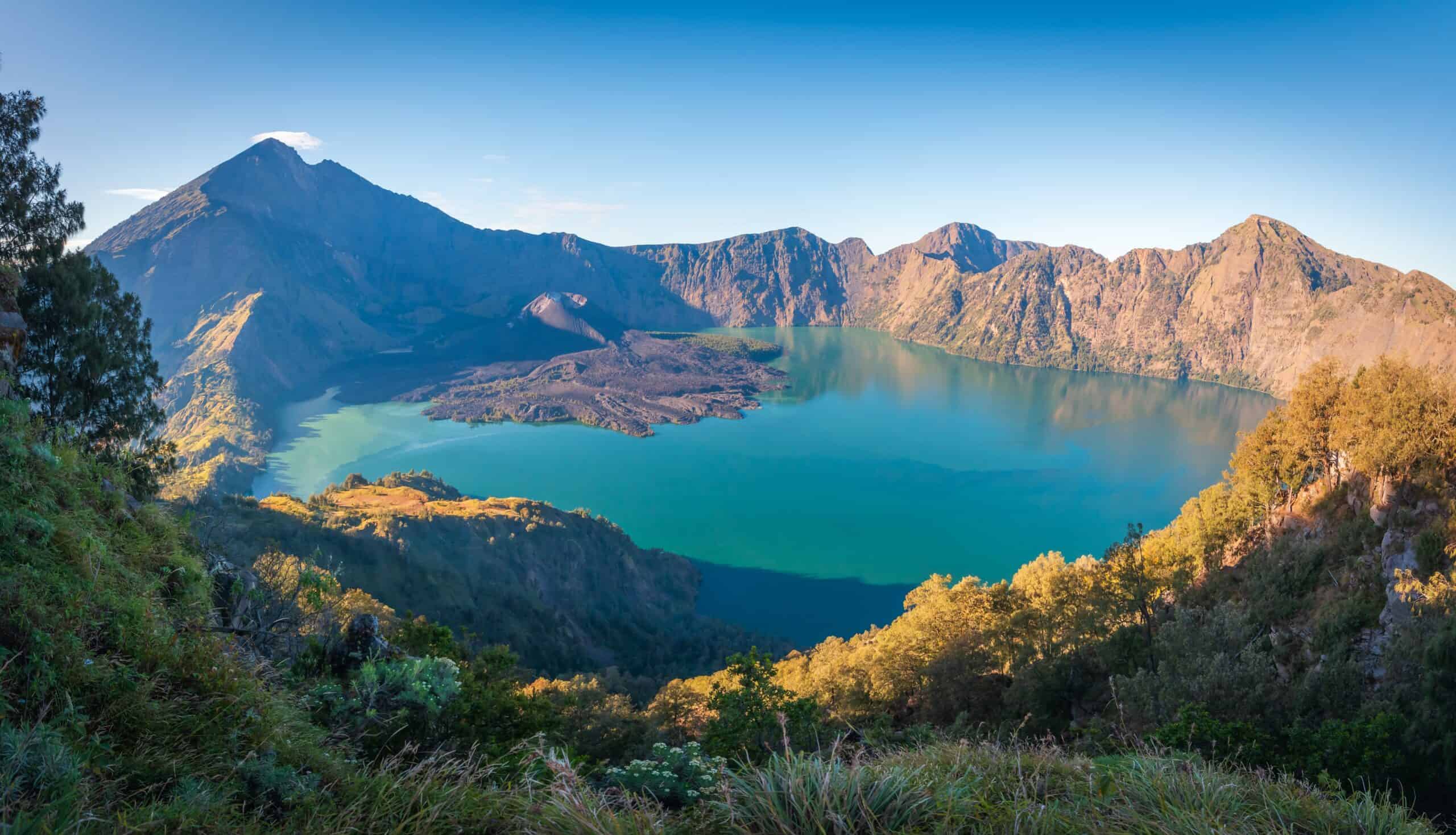
Mount Rinjani is a towering stratovolcano with a crater lake at its summit. The volcano’s last major eruption shaped its landscape dramatically. The lake, called Segara Anak, is surrounded by steep cliffs and rugged terrain. Hot springs and waterfalls flow from the volcano’s sides, adding to its natural beauty. Rinjani’s crater rim offers breathtaking views of the surrounding region.
Lassen Volcanic National Park, USA
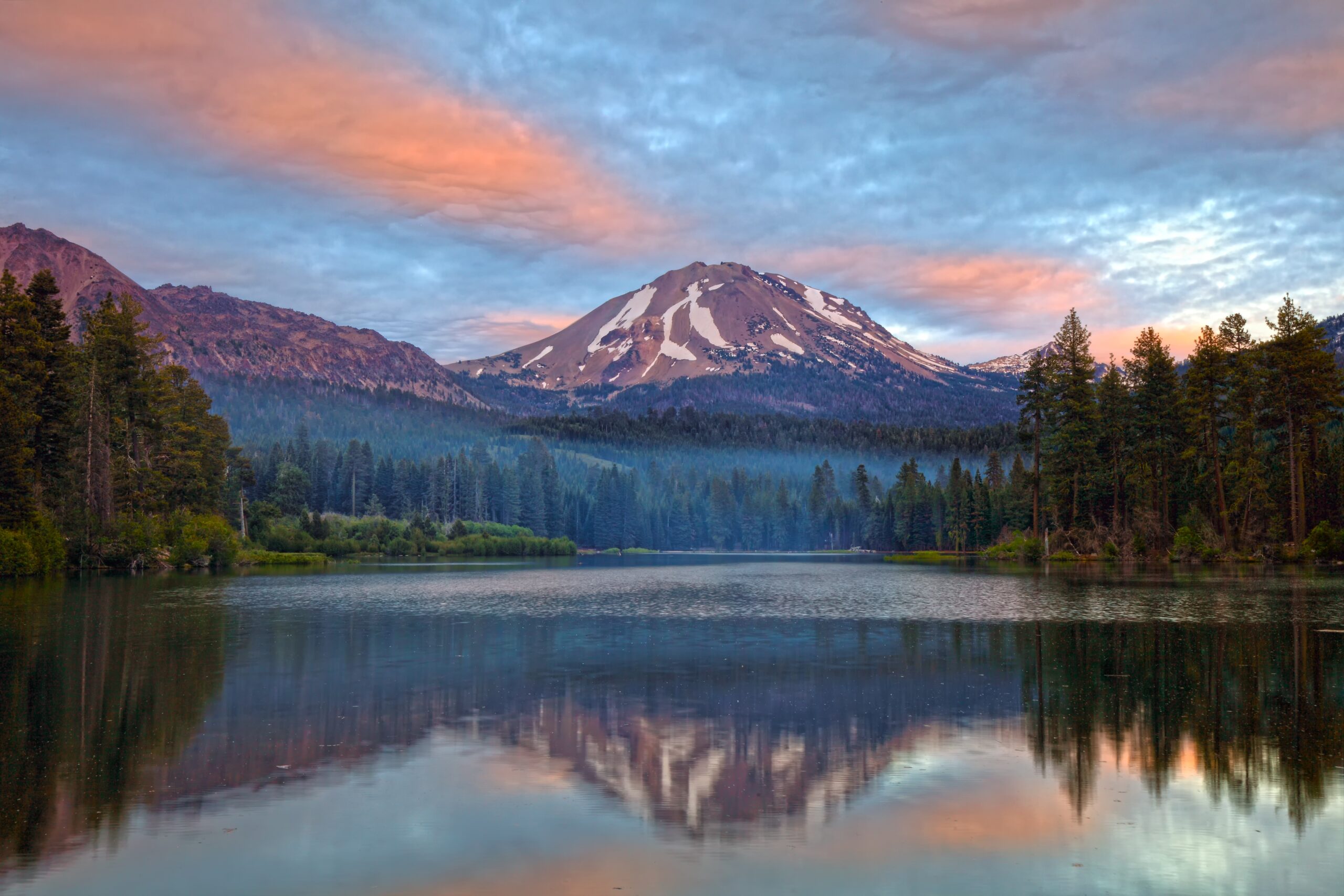
Lassen is home to all four types of volcanoes. The park is filled with steaming fumaroles, boiling springs, and jagged lava fields. Lassen Peak erupted in 1915, drastically changing the landscape. Today, it is a diverse volcanic environment with lush forests, meadows, and volcanic rock formations. The park showcases the dynamic power of volcanic forces.
Kelimutu Lakes, Indonesia
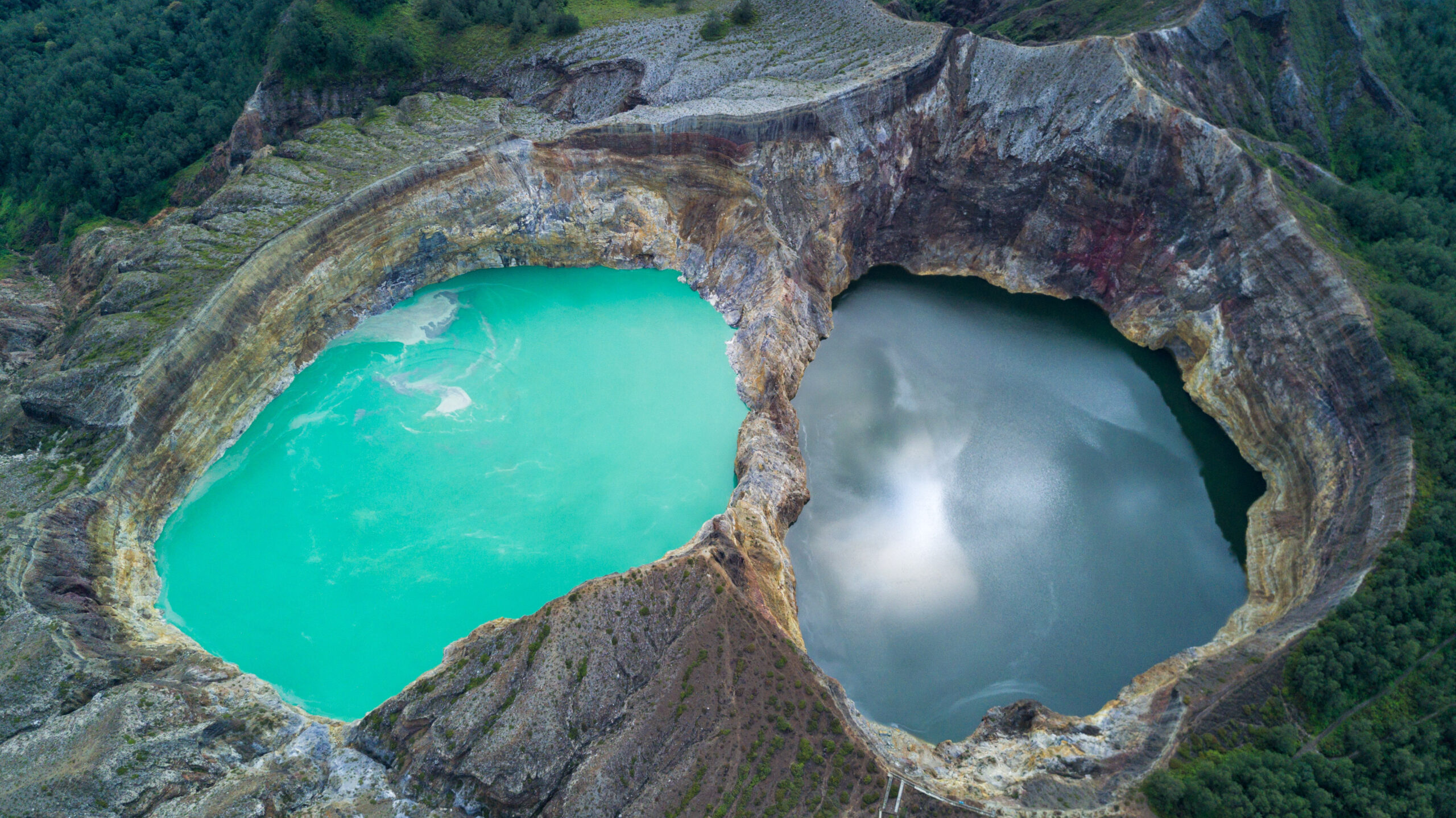
Kelimutu is famous for its tri-colored crater lakes. Each lake changes color due to volcanic gases and minerals. The lakes sit atop a dormant volcano, surrounded by jagged ridges and misty clouds. The colors range from turquoise to red, green, and even black. Kelimutu’s otherworldly lakes are constantly shifting, making it one of Indonesia’s most fascinating volcanic landscapes.
Mutnovsky Volcano, Russia
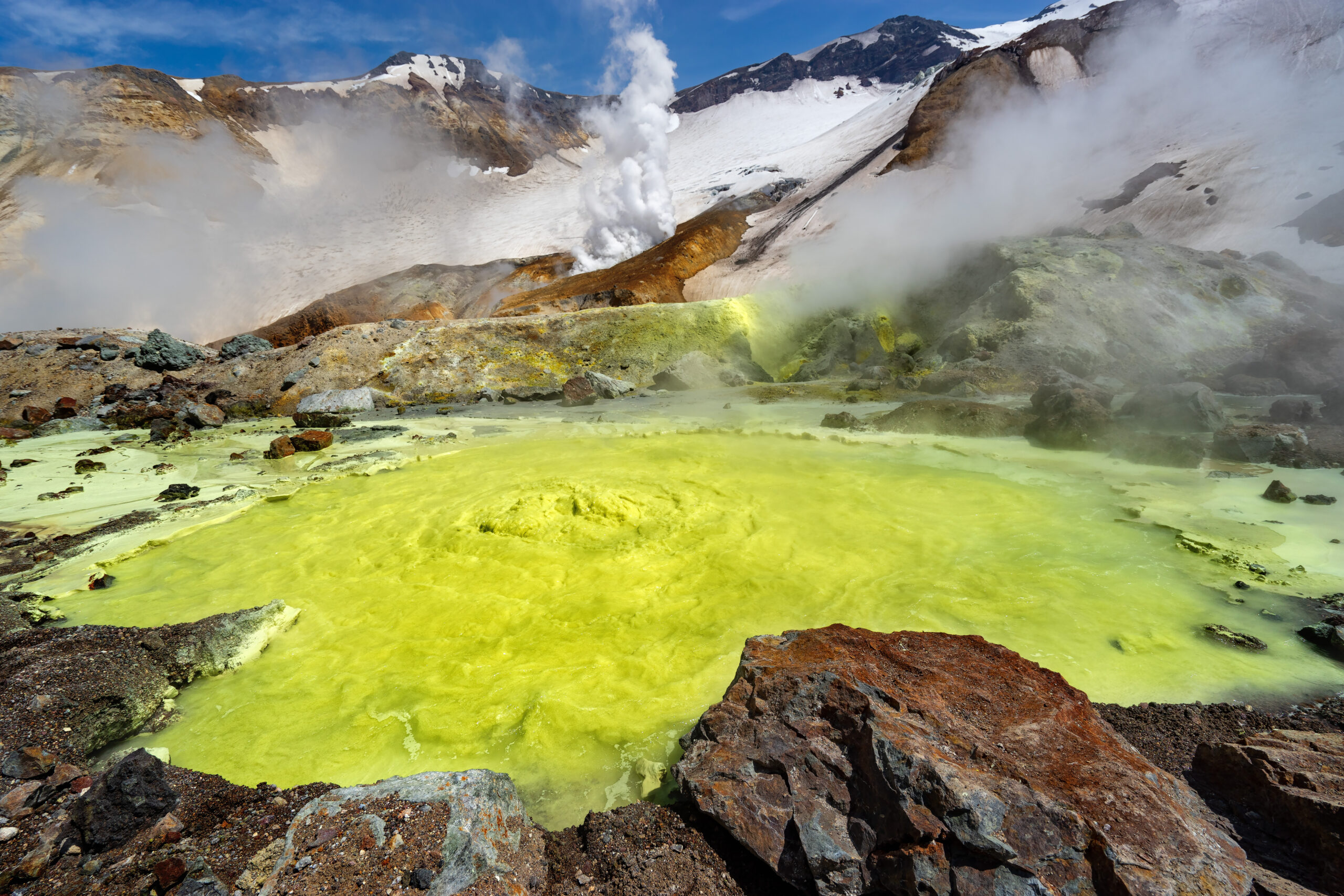
Mutnovsky is an active stratovolcano located in Kamchatka, Russia. The volcano is known for its vibrant fumaroles and steaming craters. These volcanic features create a surreal, smoking landscape with sulfur deposits adding bursts of yellow. Nearby glaciers and hot springs create a stark contrast between fire and ice. Mutnovsky’s frequent eruptions have shaped the rugged terrain over time.
Krafla Lava Fields, Iceland
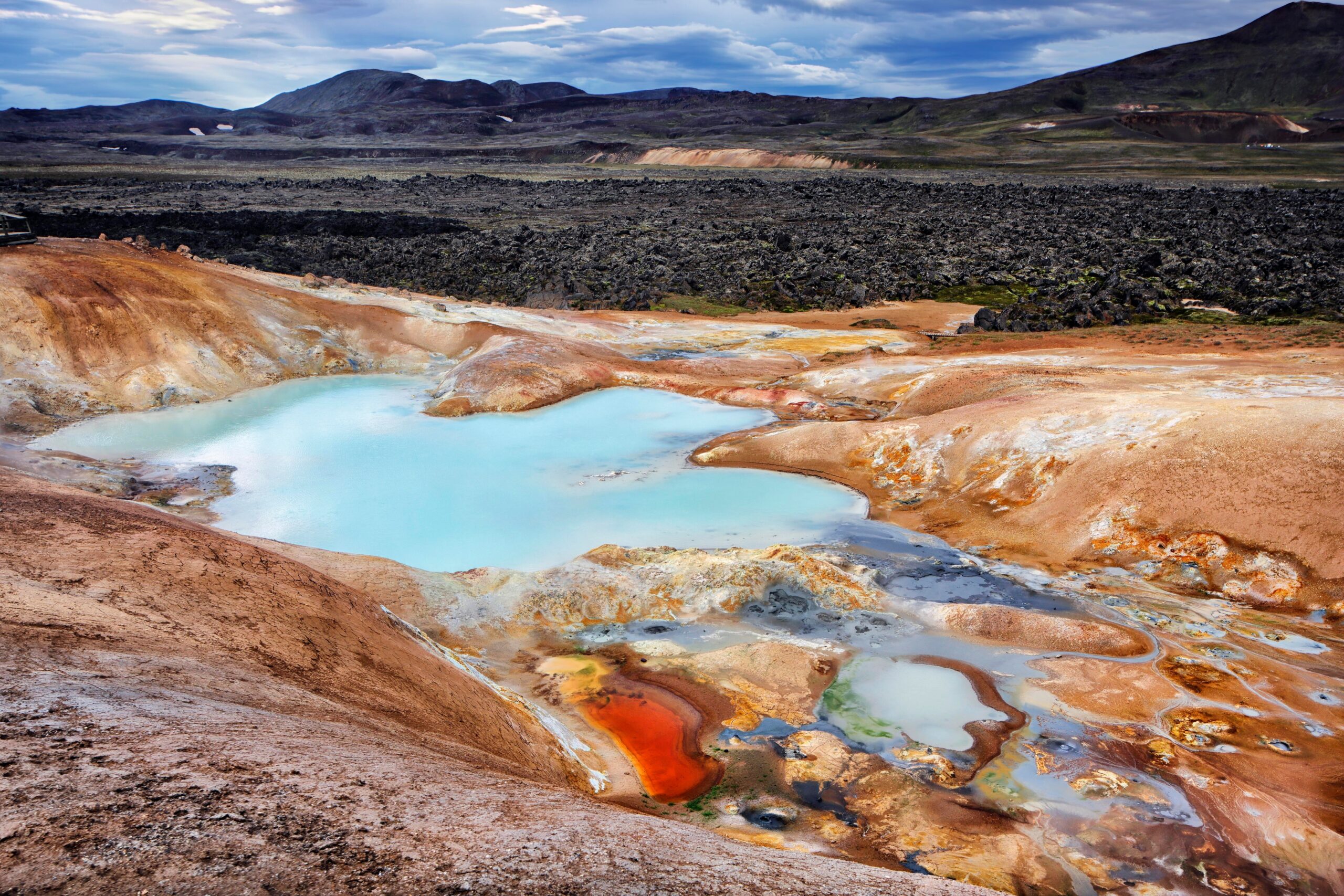
Krafla’s lava fields stretch across a vast, barren landscape. The region is known for its boiling mud pools, fissures, and volcanic craters. Its most famous event was the Krafla Fires, which lasted nine years, shaping the landscape dramatically. The area is constantly shifting due to ongoing geothermal activity. Walking through Krafla feels like stepping onto another planet.
Craters of the Moon, USA
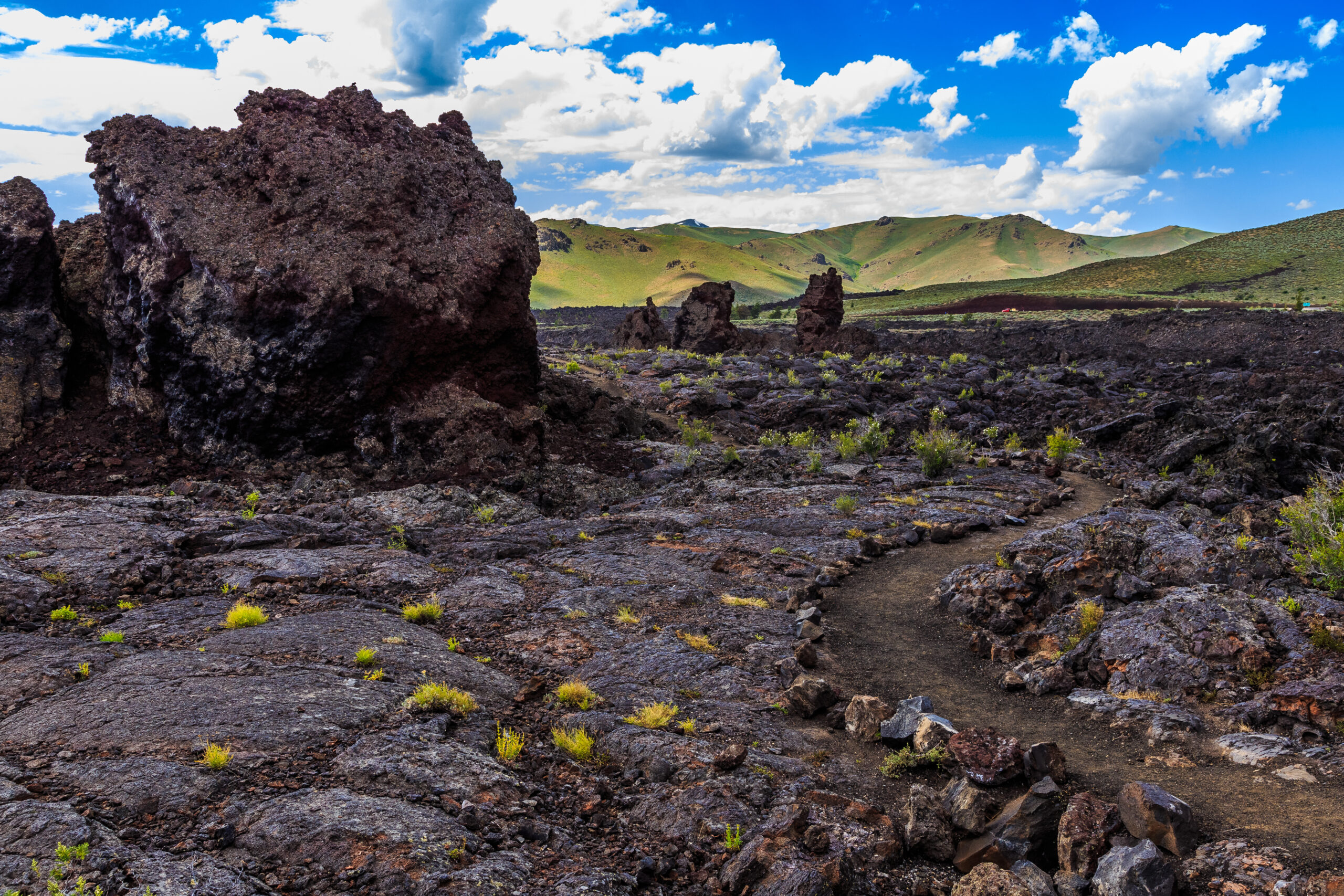
Craters of the Moon is a vast lava field in Idaho, USA. Its rugged terrain is filled with volcanic cones, fissures, and craters. The black lava fields stretch for miles, creating an otherworldly landscape. Formed by a series of eruptions over 15,000 years ago, erosion has carved out unique rock formations. Today, it stands as a reminder of ancient volcanic activity.
Deception Island, Antarctica
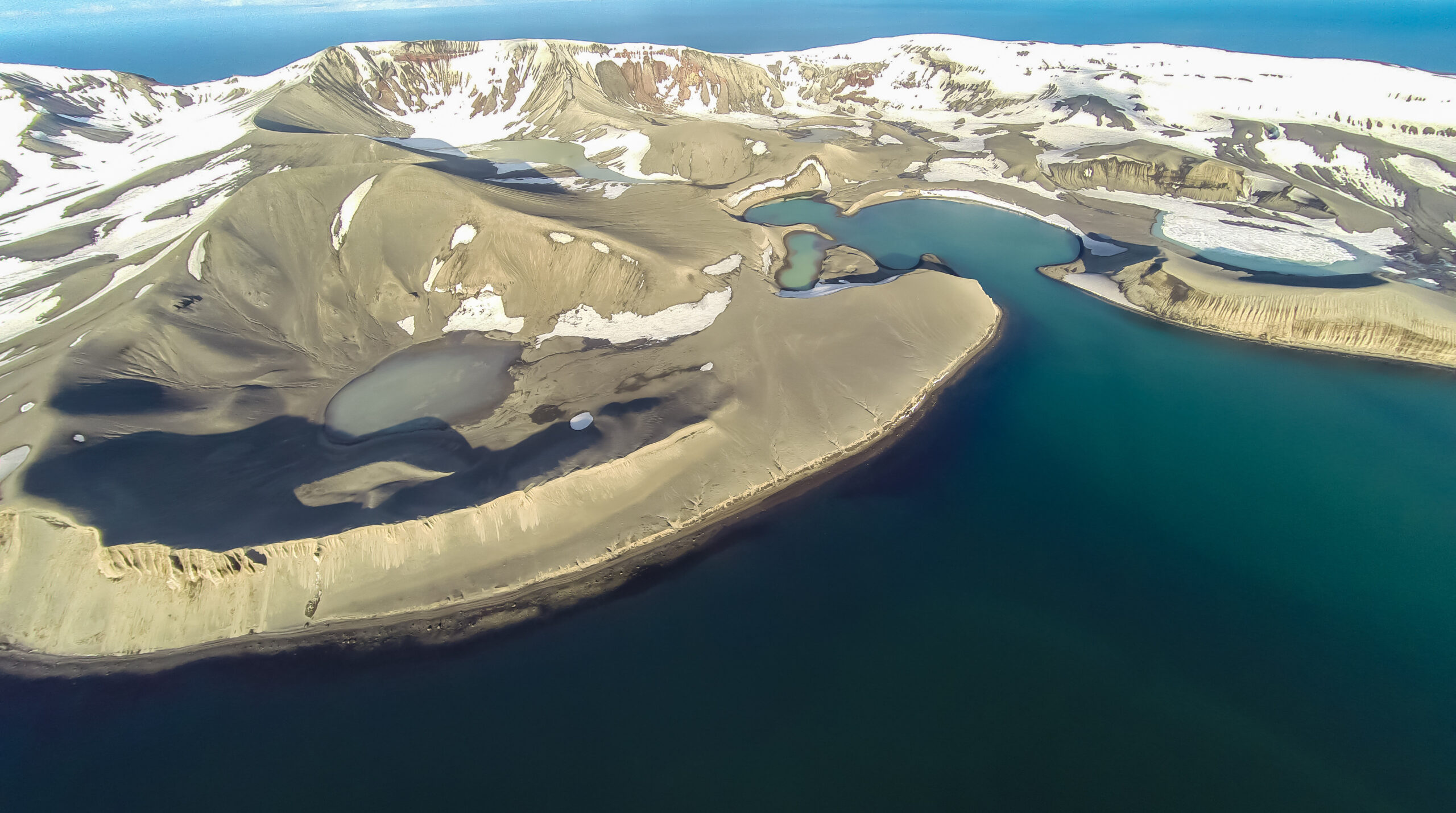
Deception Island is an active volcanic island in the Antarctic. The island’s collapsed caldera forms a natural harbor, surrounded by black volcanic beaches. Steaming geothermal waters contrast with the icy surroundings. The island is one of the few places where visitors can walk inside a volcano. Its dramatic landscape is shaped by both ice and fire.
Surtsey Island, Iceland
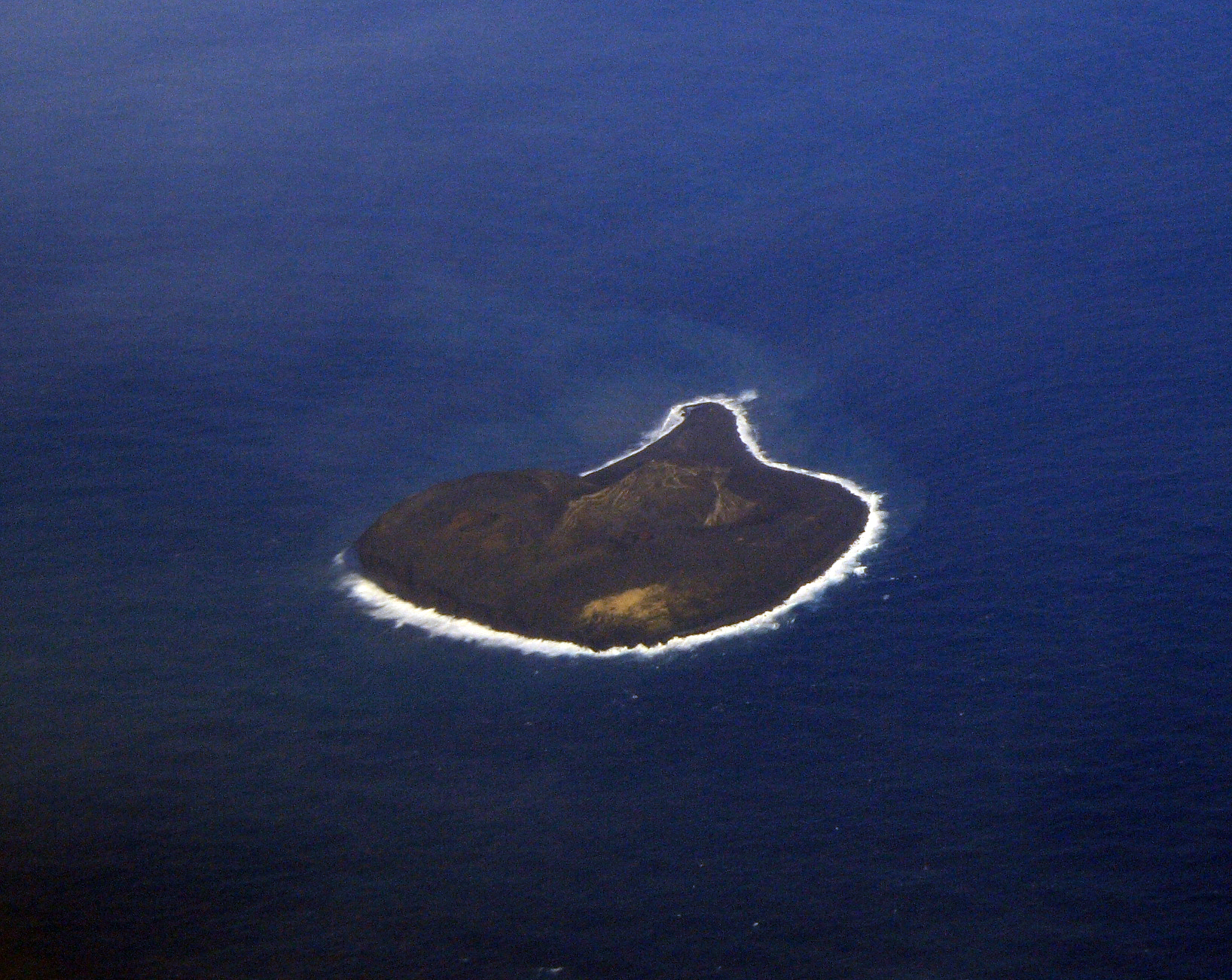
Surtsey was born from a volcanic eruption under the sea in 1963. The island has since eroded, with the sea continuing to shape its shores. It remains a protected site for scientific research, offering a glimpse into how life colonizes new land. The volcanic rock formations and sparse vegetation create a stark landscape. Surtsey is a prime example of nature’s ever-changing power.
El Tatio Geysers, Chile
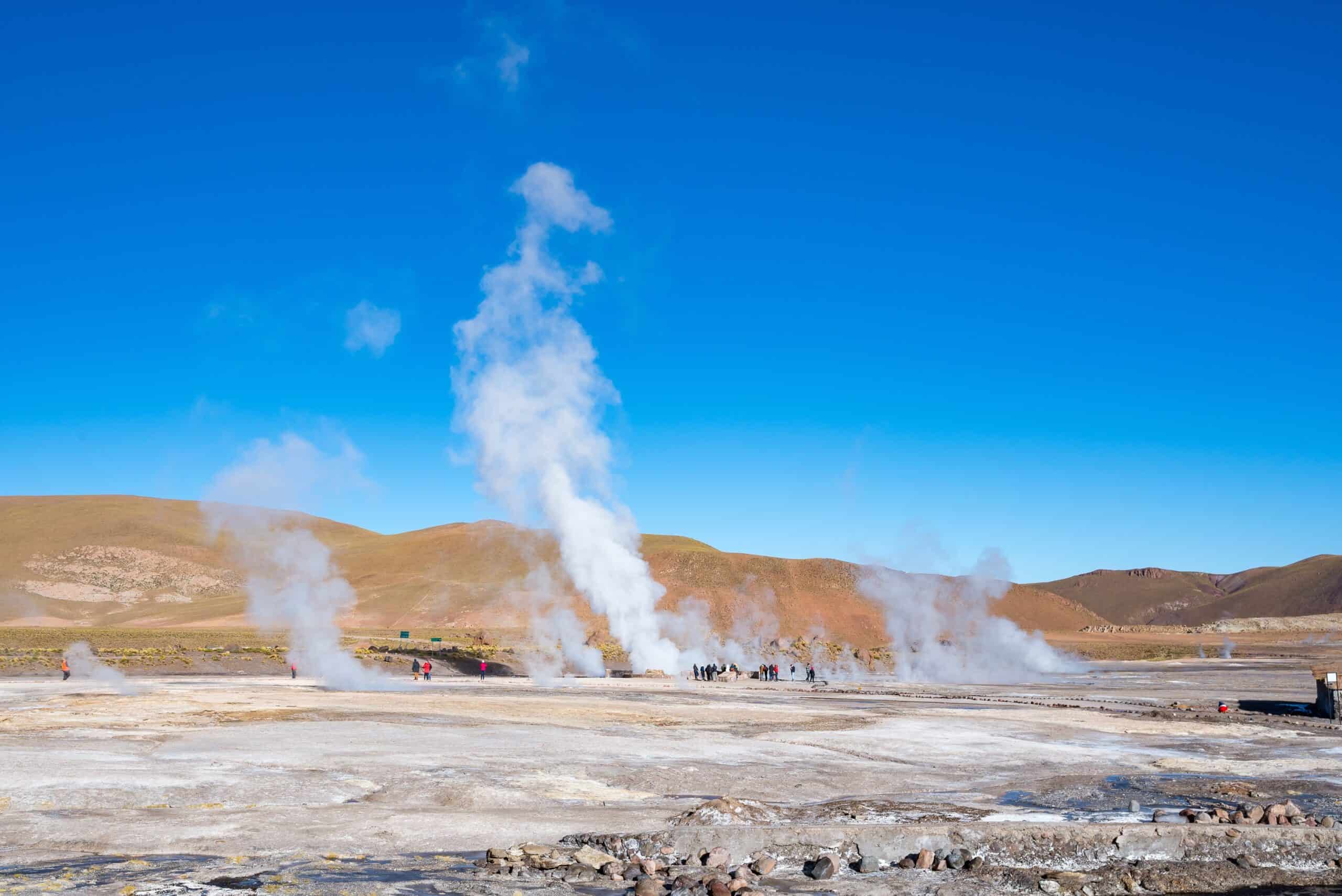
El Tatio is one of the largest geyser fields in the world. Its steaming geysers shoot water high into the air, surrounded by a rugged volcanic landscape. The geothermal activity has carved out strange, colorful formations in the area. The high-altitude setting adds to its surreal beauty. El Tatio’s unique combination of heat and height makes it a must-see volcanic site.
This article originally appeared on Rarest.org.
More from Rarest.org
8 Discontinued Snacks Fans Still Miss Today

Many beloved snacks from the past have disappeared from store shelves, leaving fans yearning for their return. Read More.
1987 Washington Quarter Value Guide

The 1987 Washington quarter 8.33% Nickel and 91.67% Copper. With a face value of 25 cents, the 1987 quarter weighs 5.67 grams. Read More.
1980 Lincoln Penny Value Guide

The 1980 Lincoln Penny is regularly encountered in change. Unless it’s a rare mistake coin, the 1980 penny’s worth is determined by its sentimental value. Read More.
